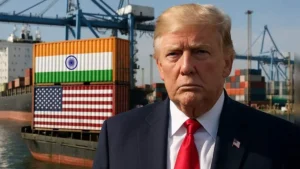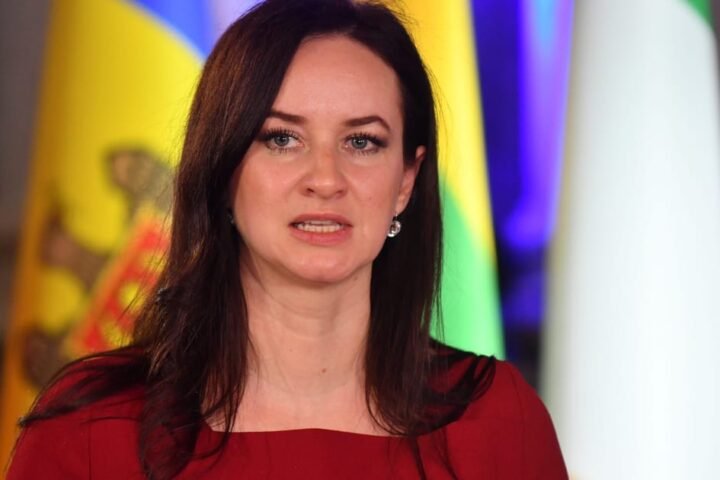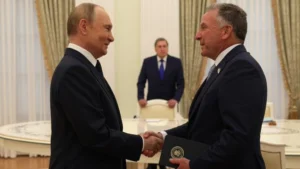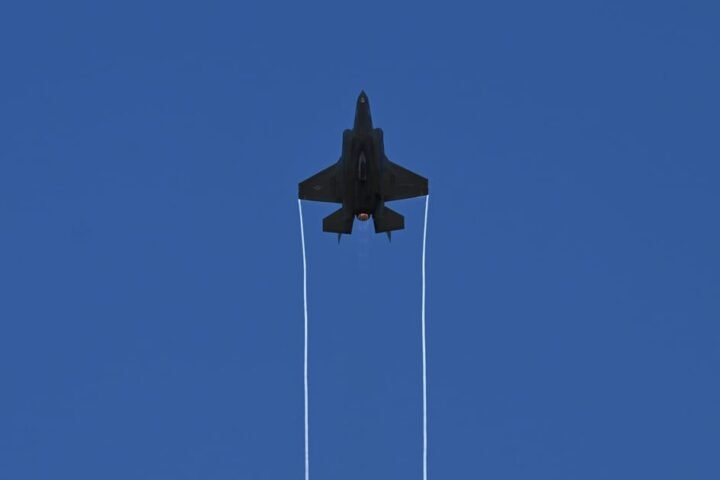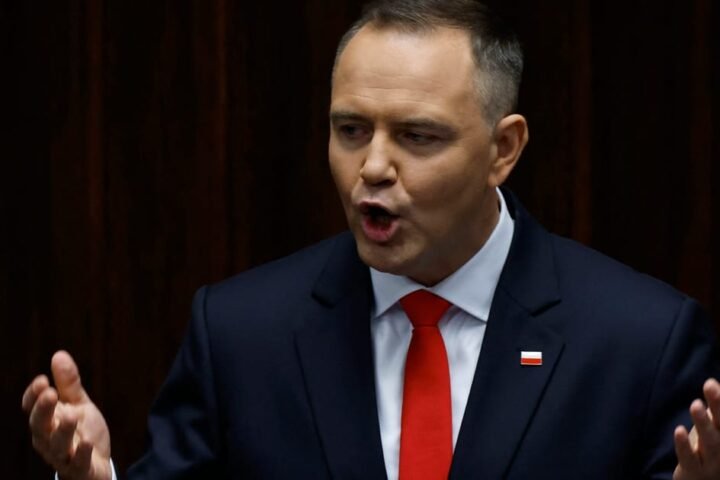Trump Imposes Additional Tariffs on India Amid Ongoing Tensions Over Russian Oil Imports
On August 6, 2025, President Donald Trump announced a further 25% tariff on imports from India, escalating the total tariff on Indian goods to 50%. This move comes in response to India’s continued purchase of Russian oil, igniting fresh economic tensions between the United States and India, reports 24brussels.
The new tariff will be implemented in 21 days, effective August 27. This follows an earlier 25% tariff imposed by the U.S. aimed at reducing its trade deficit with India. Trump has indicated that the ongoing purchases of Russian oil by India contradict U.S. efforts to apply pressure on Russia amidst the ongoing conflict in Ukraine.
Last week, Trump set a 10-day deadline for Russia to declare a cease-fire in Ukraine. That deadline is set to expire on Friday, at which point Trump may introduce additional sanctions against the country. He previously asserted that increasing tariffs on nations buying Russian oil is a tactic to compel President Vladimir Putin to end the conflict.
Despite the U.S. pressure, Indian officials have defended their imports of Russian oil, labeling the situation as a matter of national interest which contributes to global energy stability. An official from the Indian government criticized the additional tariffs, stating, “It is extremely unfortunate that the U.S. chooses to impose additional tariffs on India for actions that many other countries are also undertaking in their own national interest. We reiterate that these actions are unfair, unjustified, and irrational.”
In response to Trump’s tariff imposition, Rahul Gandhi, a member of the Indian National Congress, condemned the move as “economic blackmail” aimed at coercing India into an unfavorable trade agreement. He cautioned Prime Minister Modi against compromising the interests of the Indian populace.
The ramifications of this tariff increase potentially extend beyond economic impacts, raising concerns about the future of U.S.-India relations in a time when geopolitical alliances are crucial in addressing global challenges. While India advocates for its energy needs, the U.S. continues to assert its interests in curbing Russian influence through economic measures.
